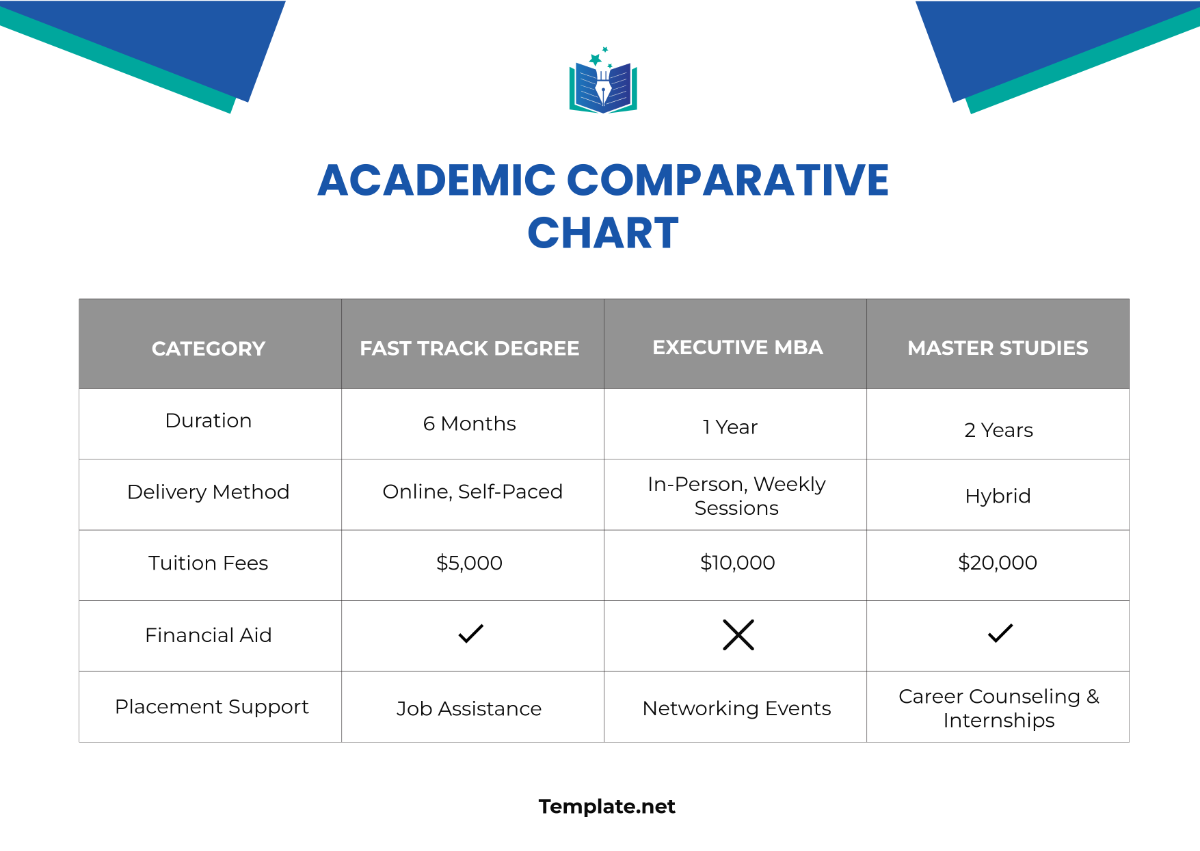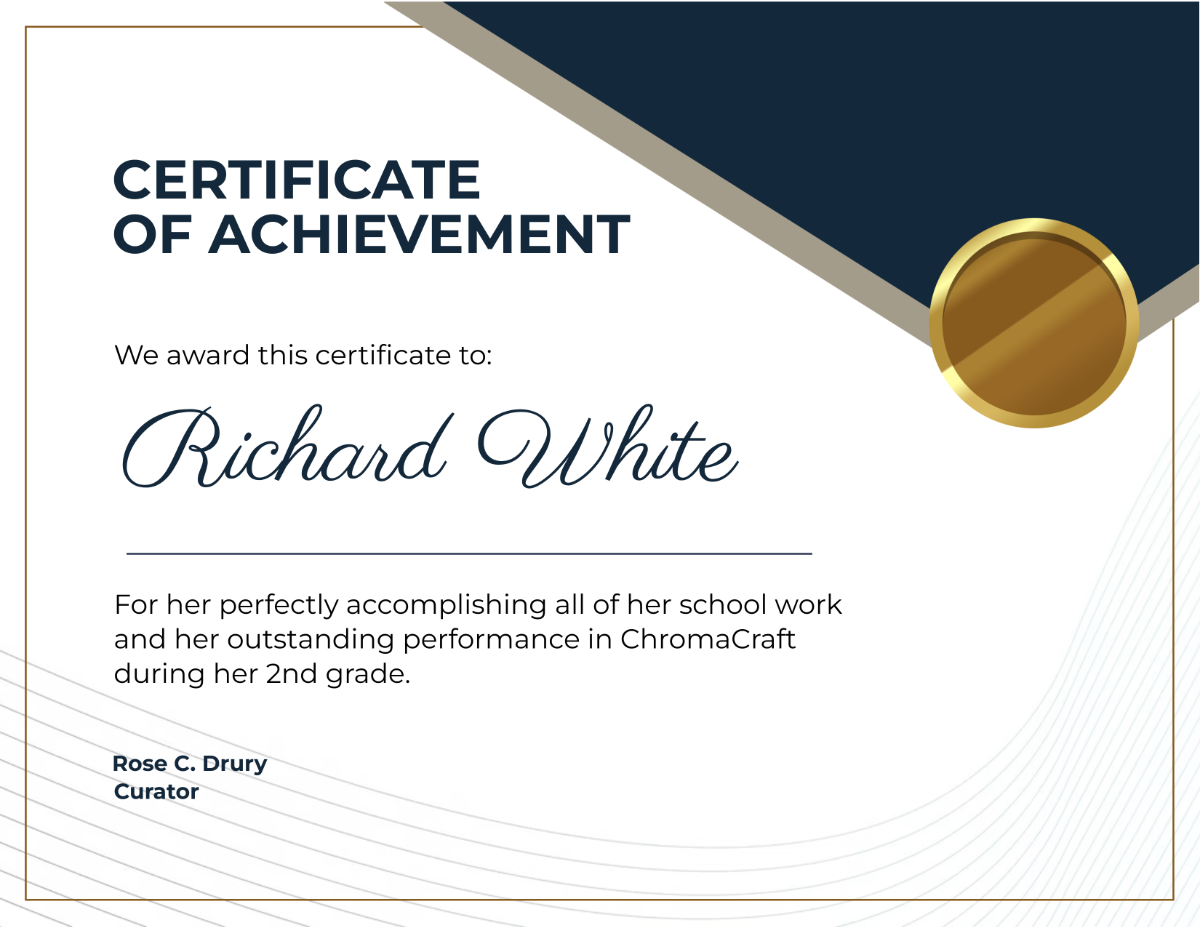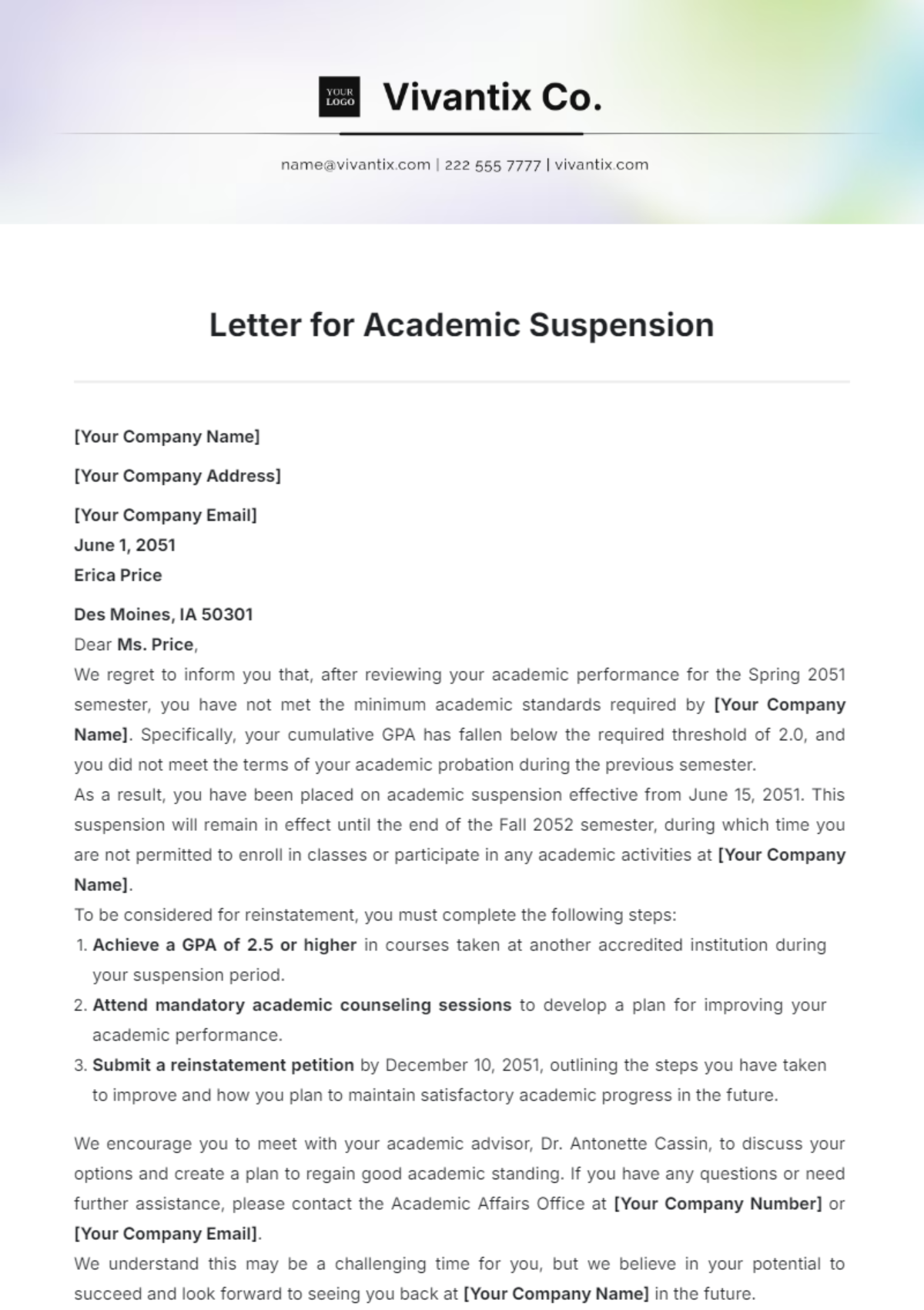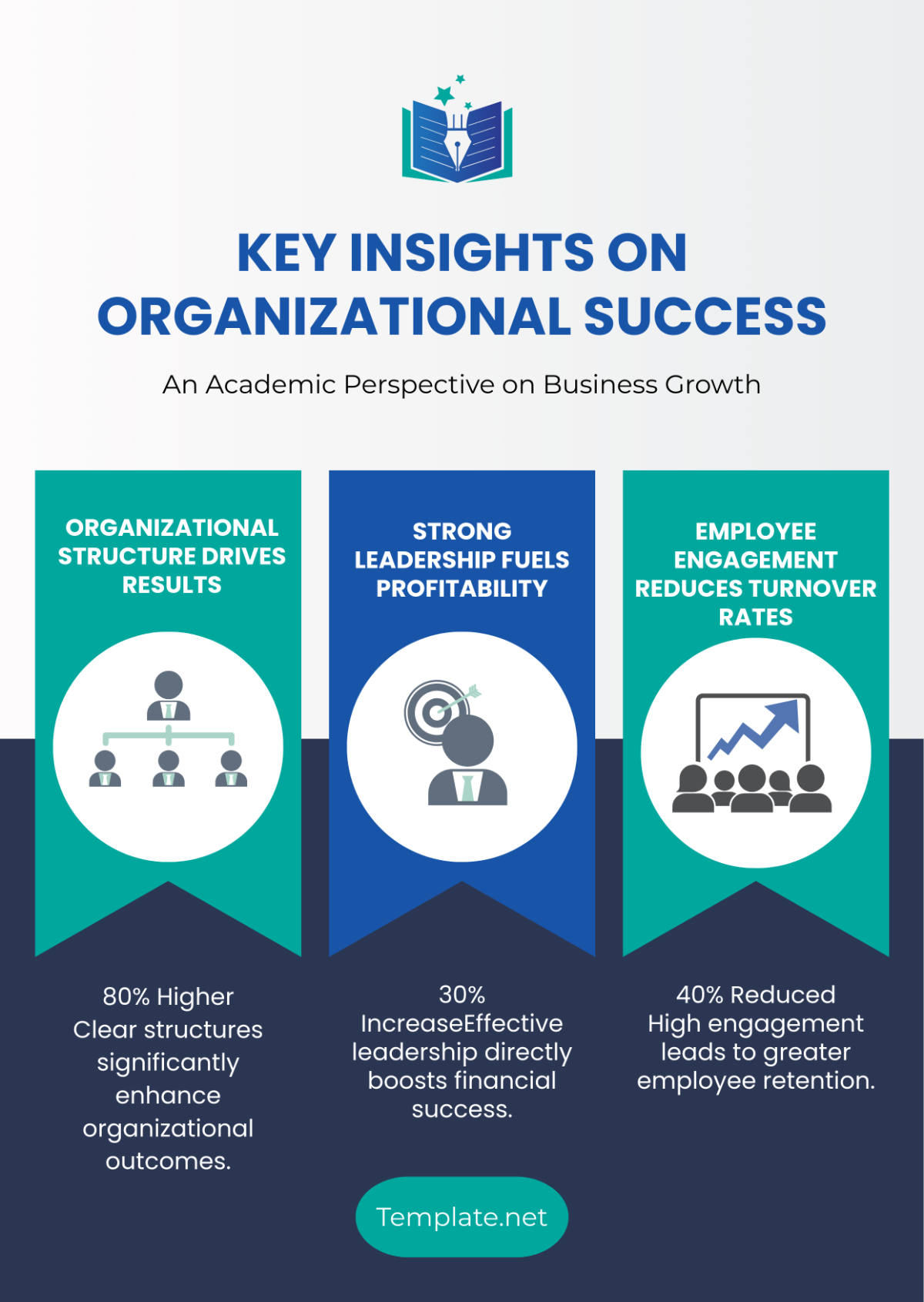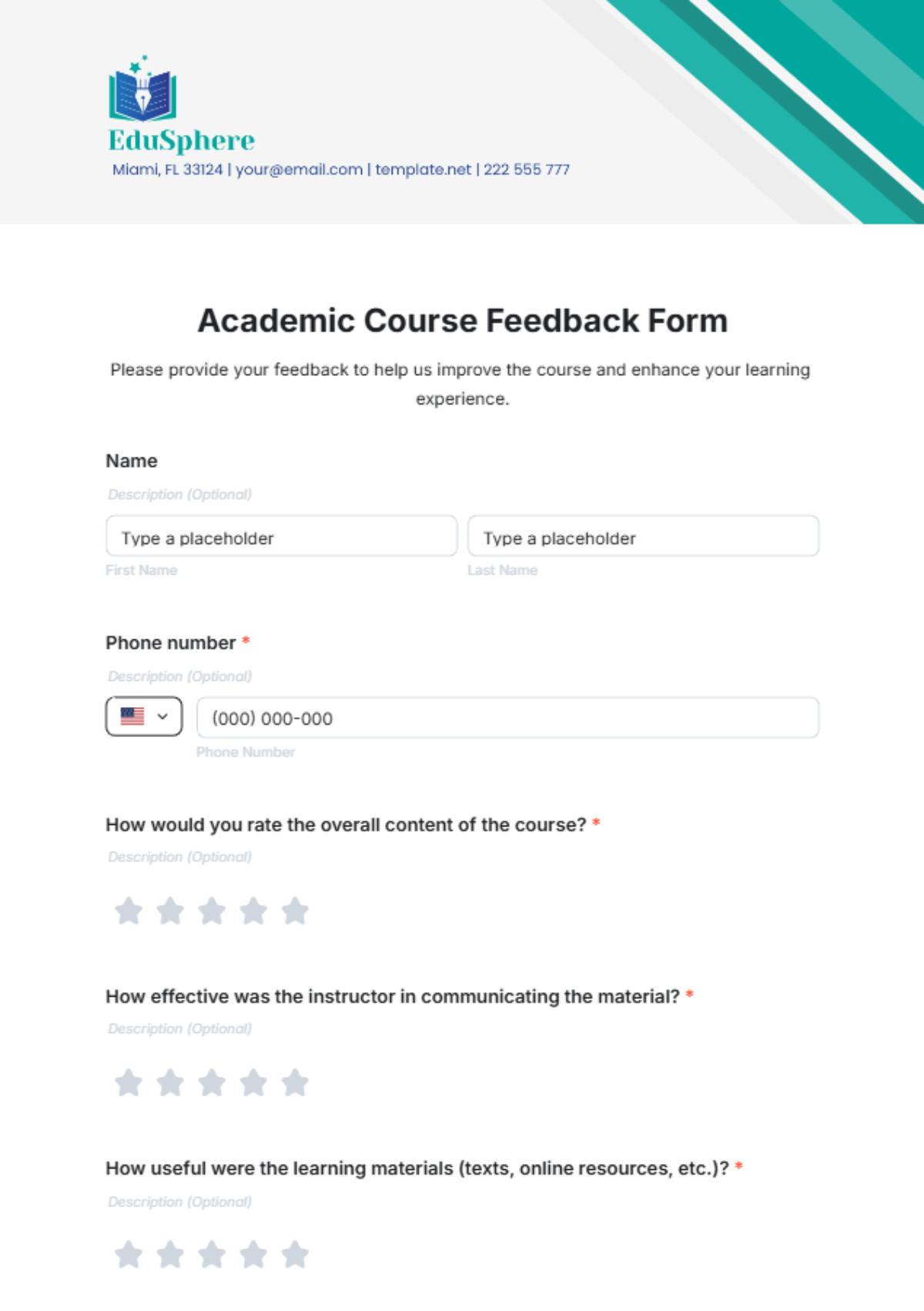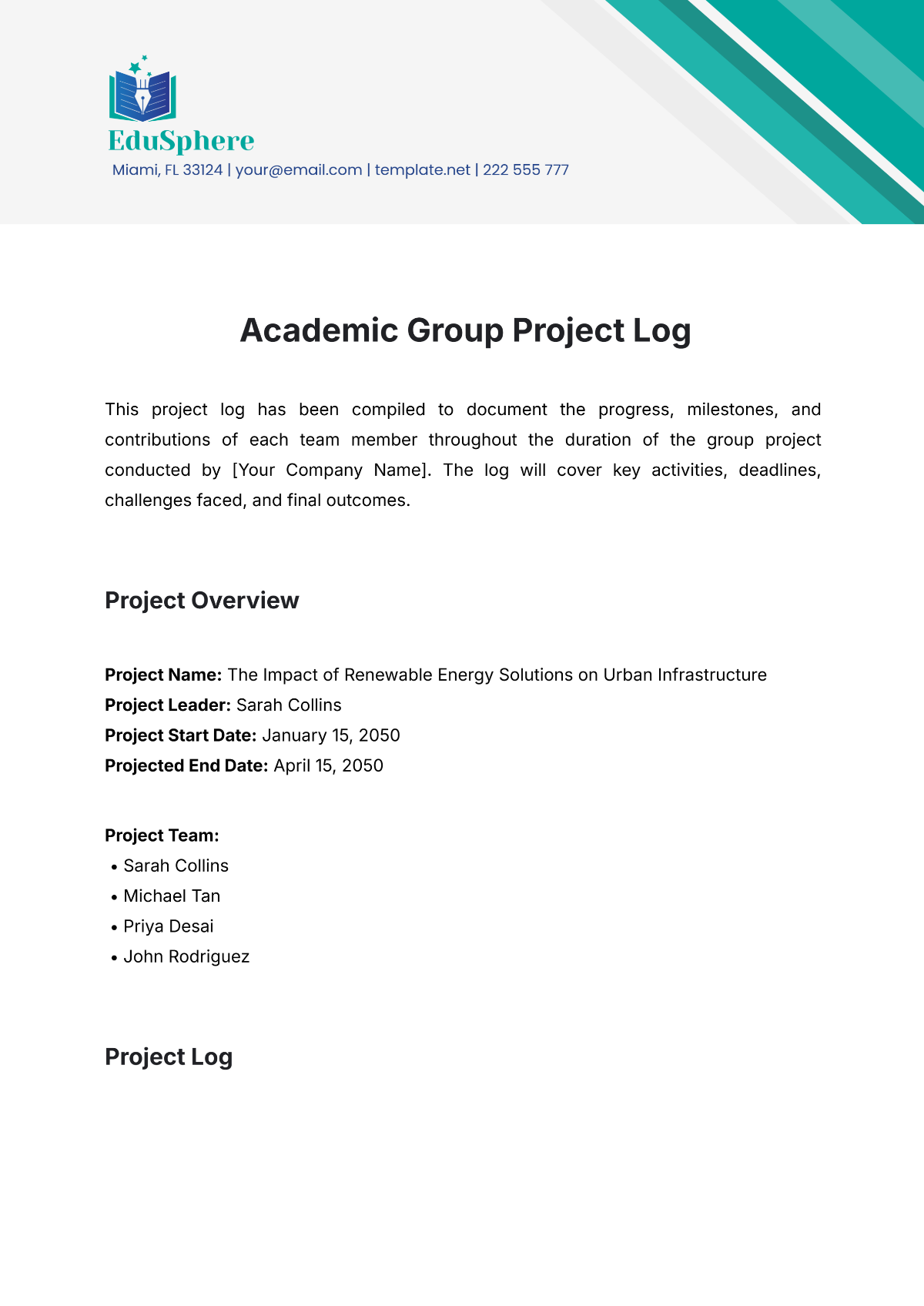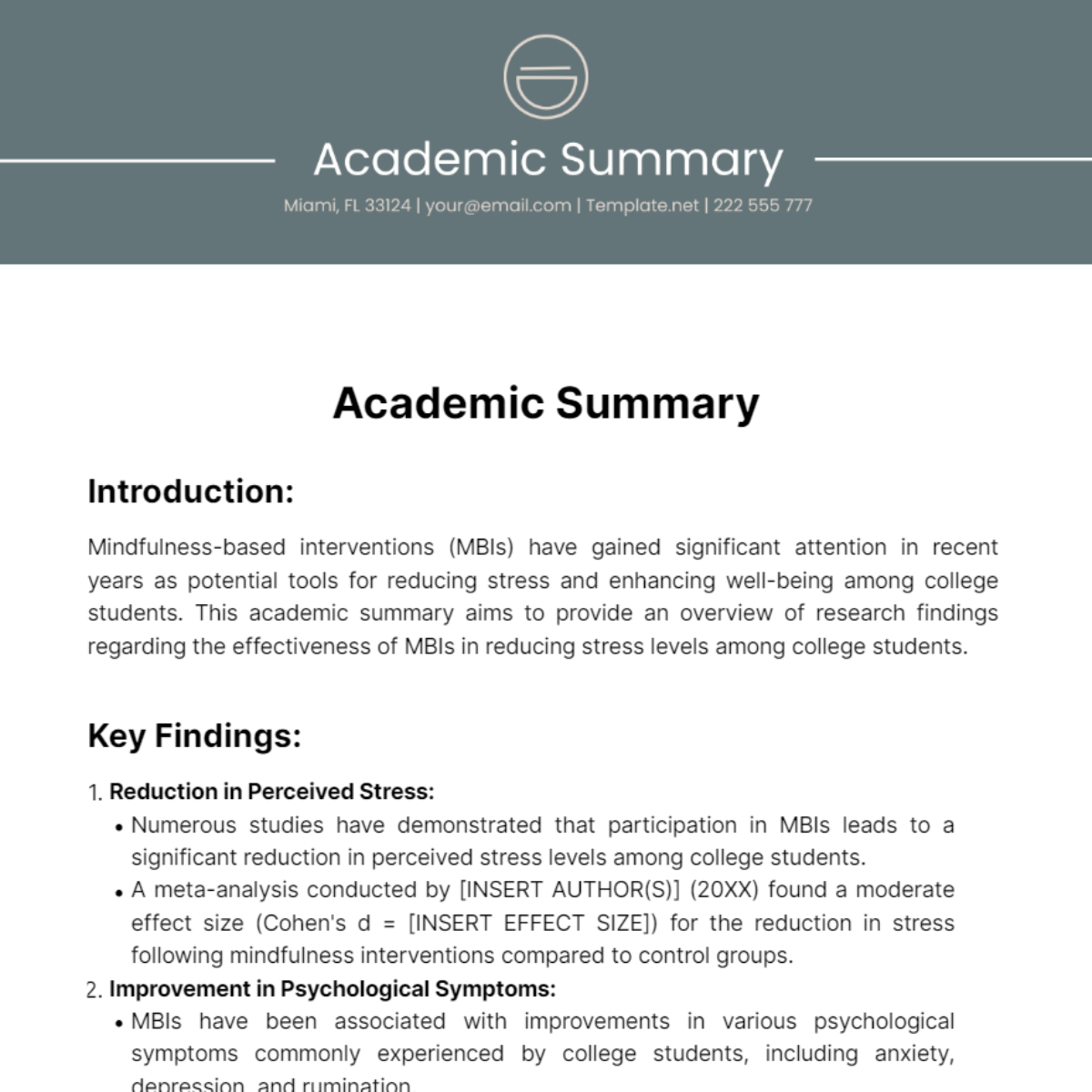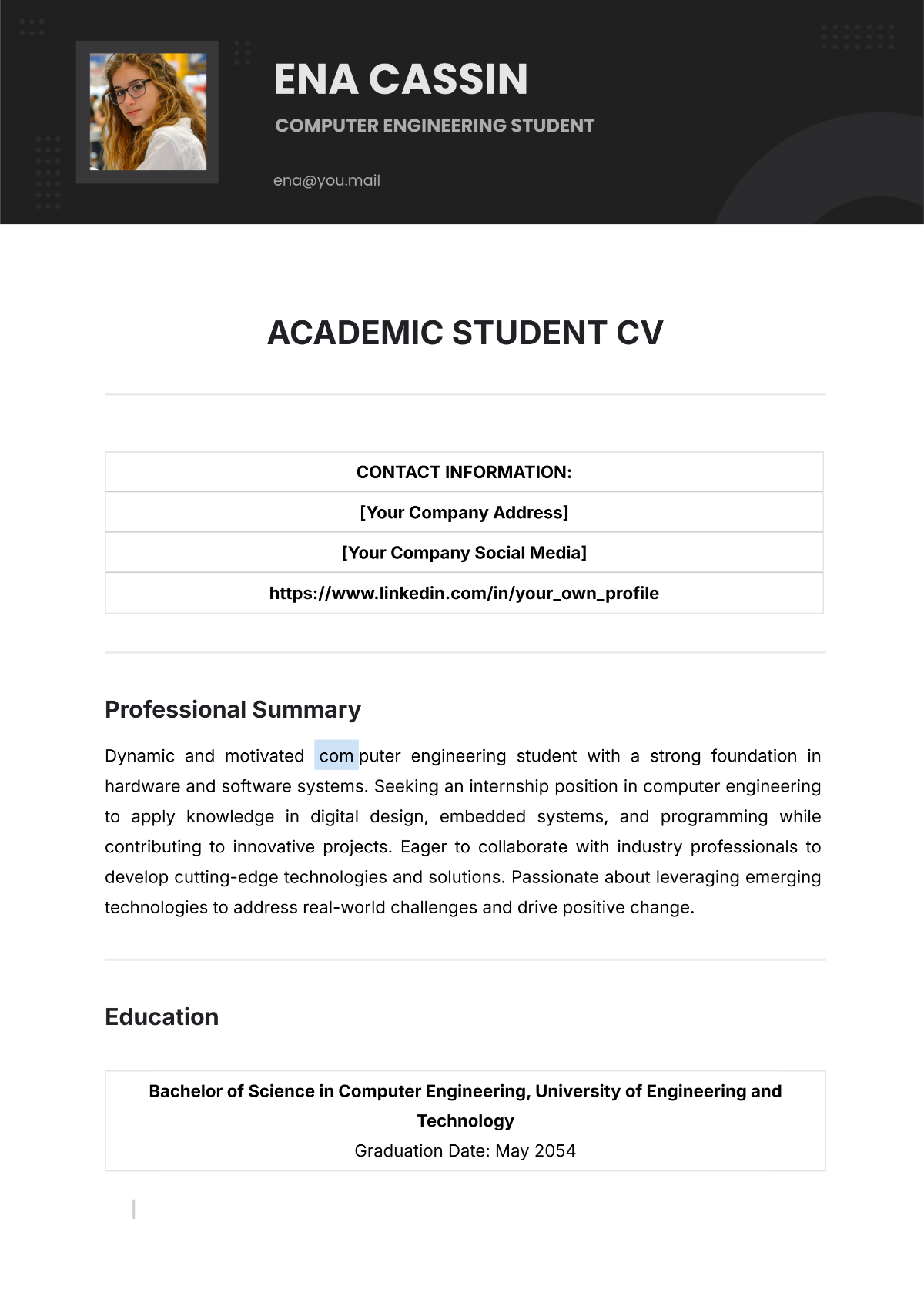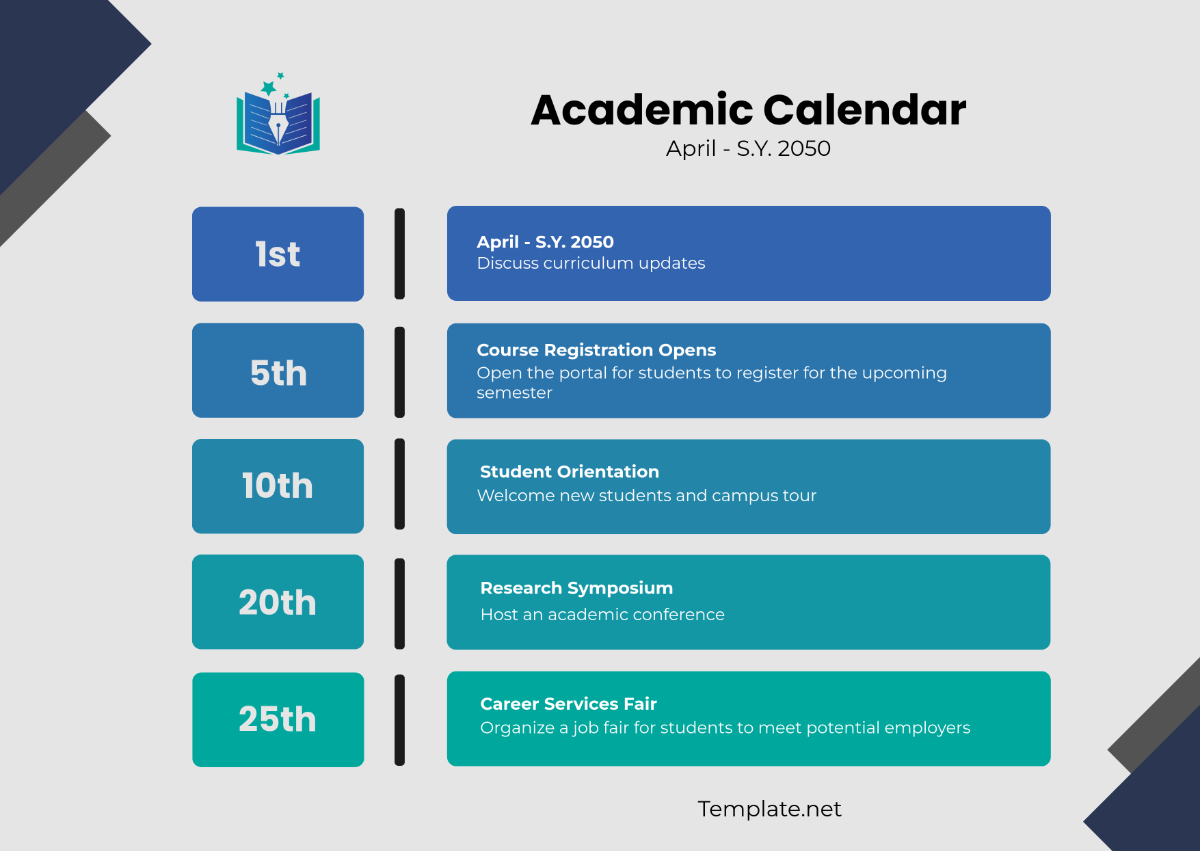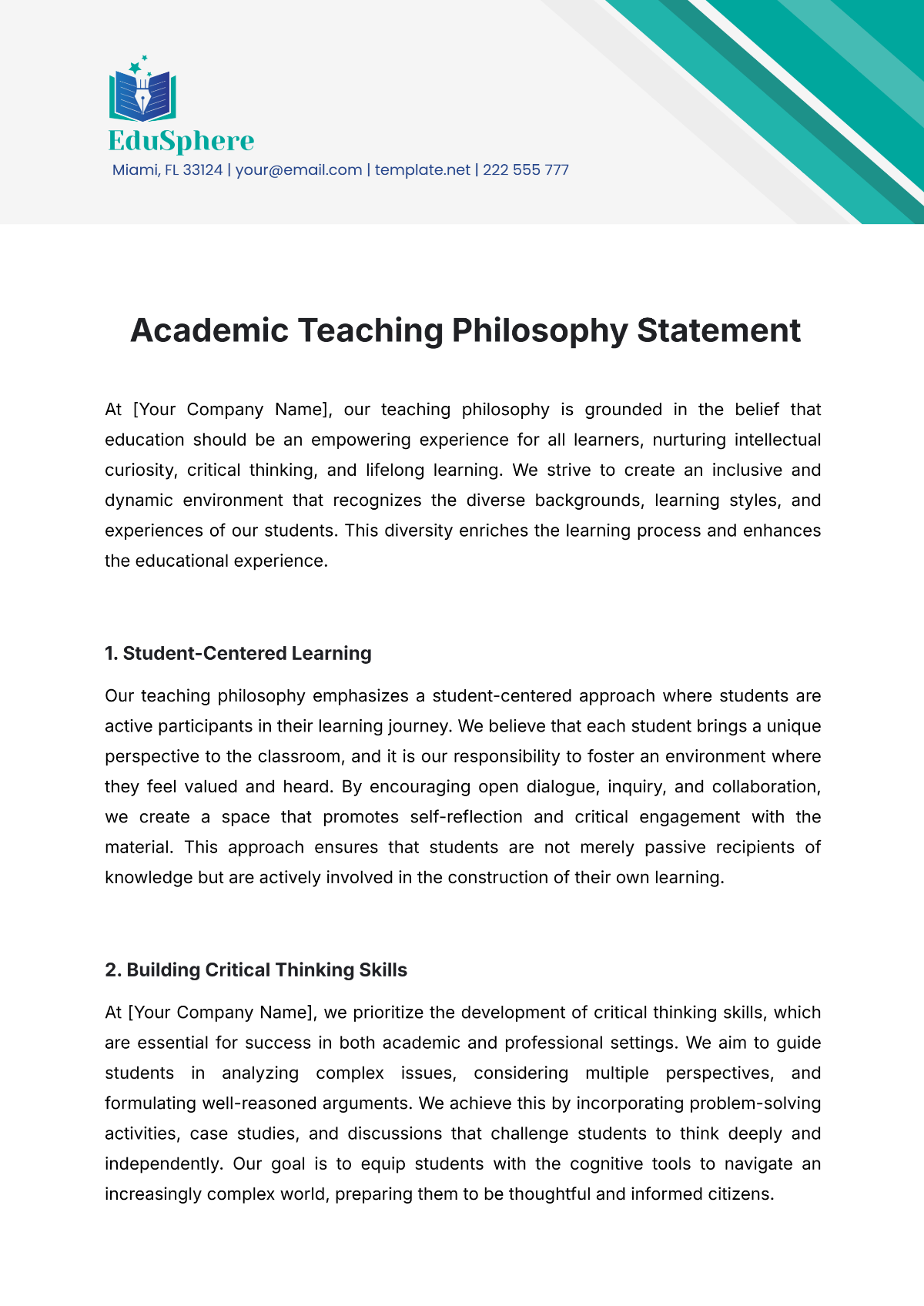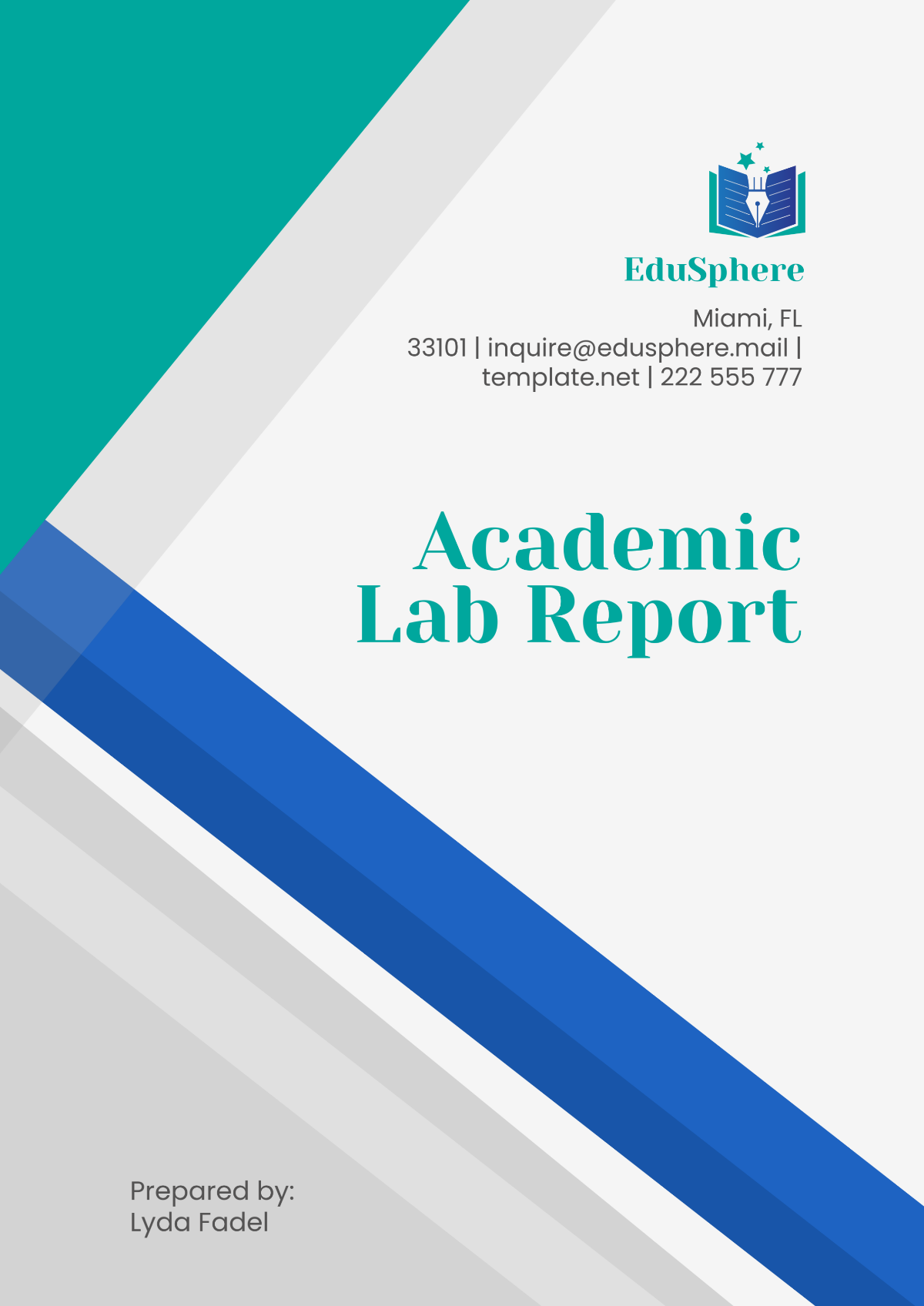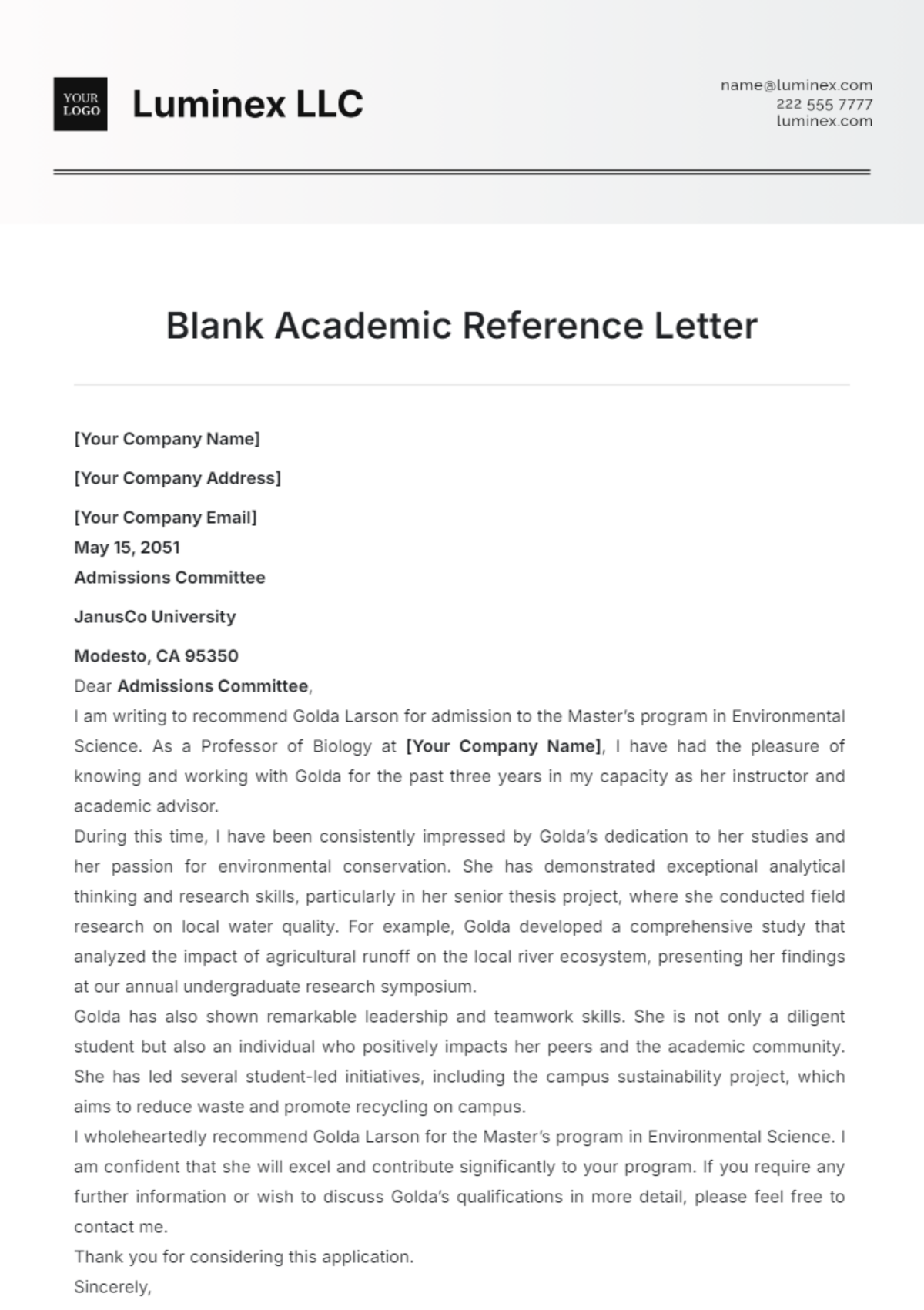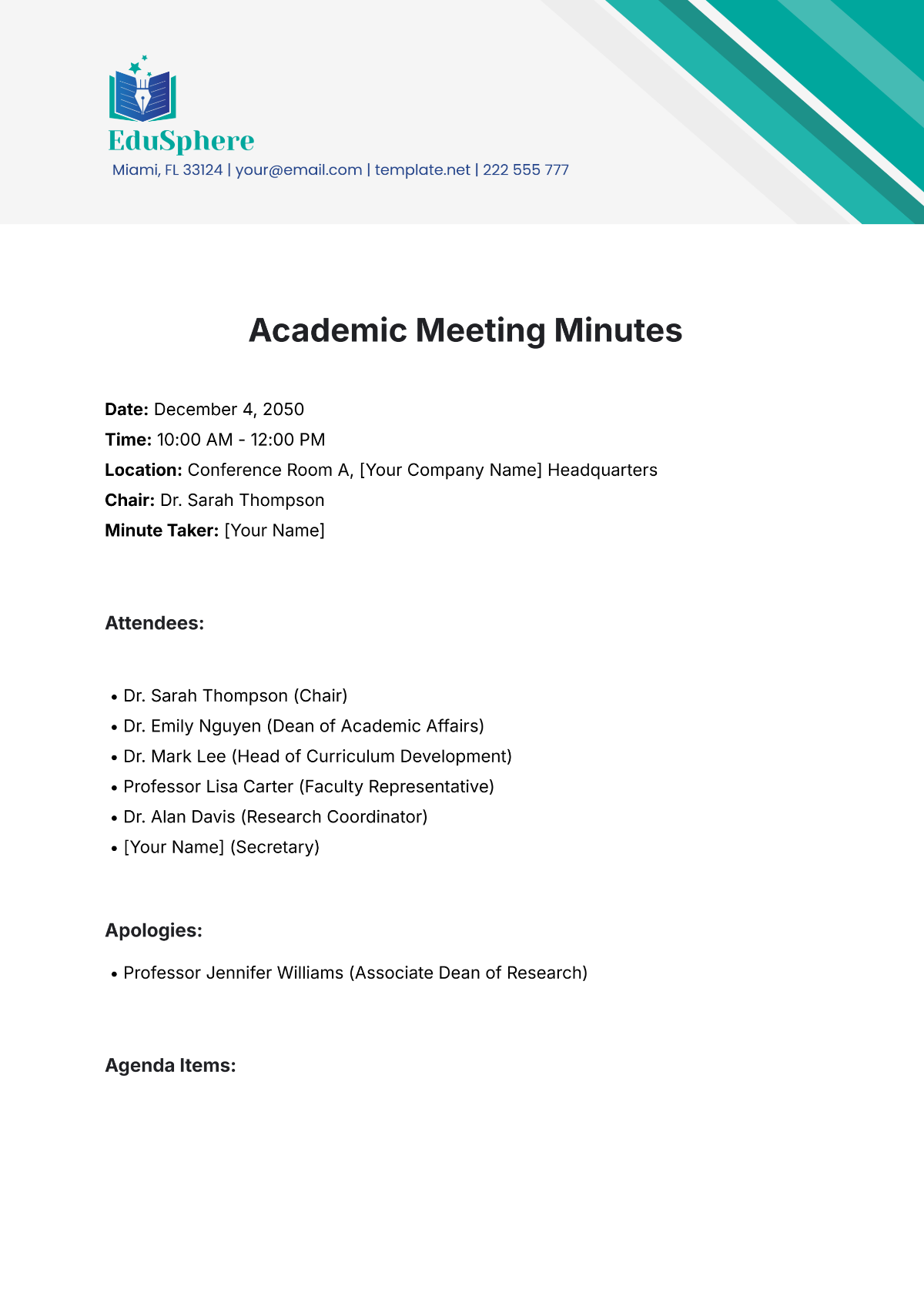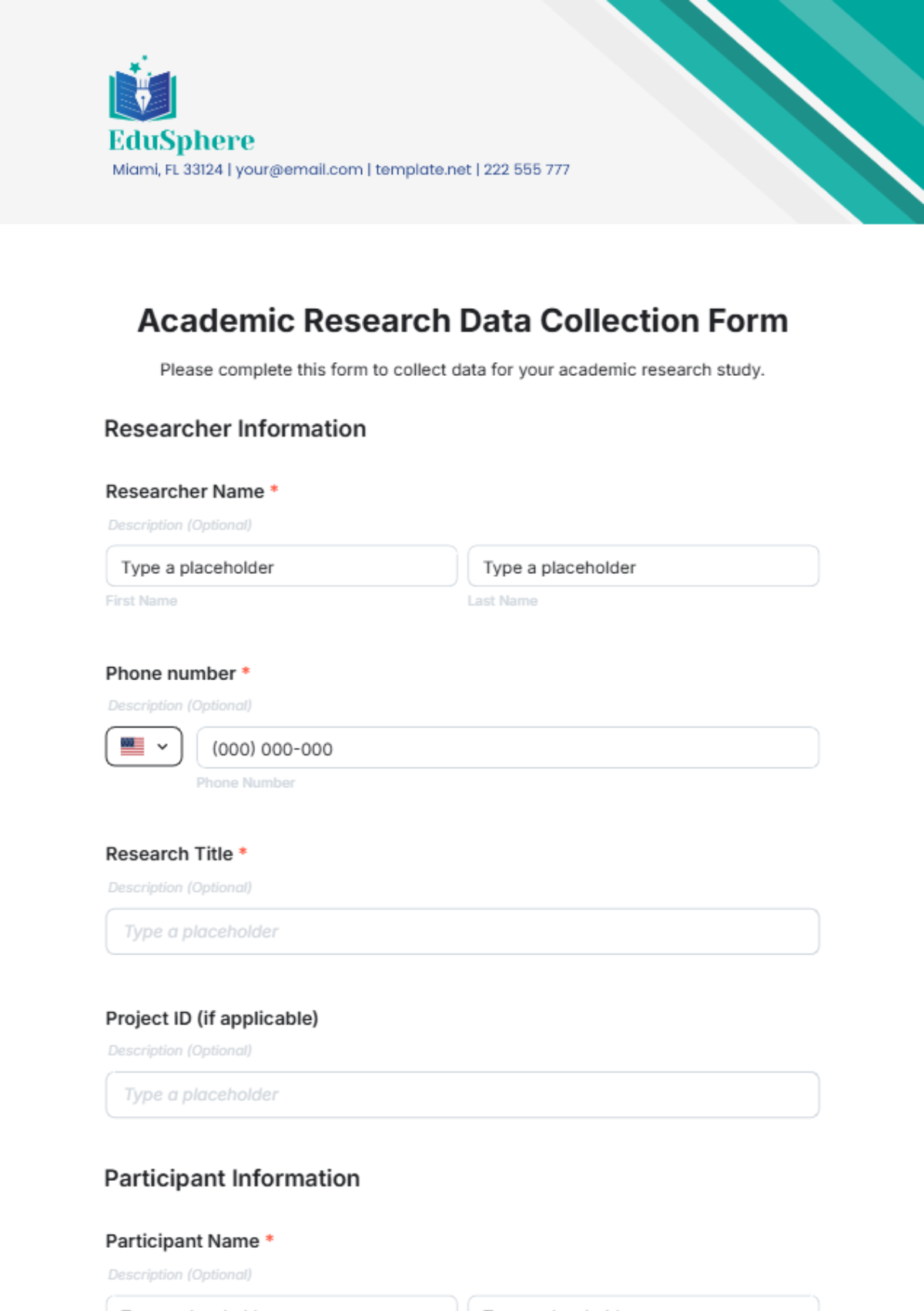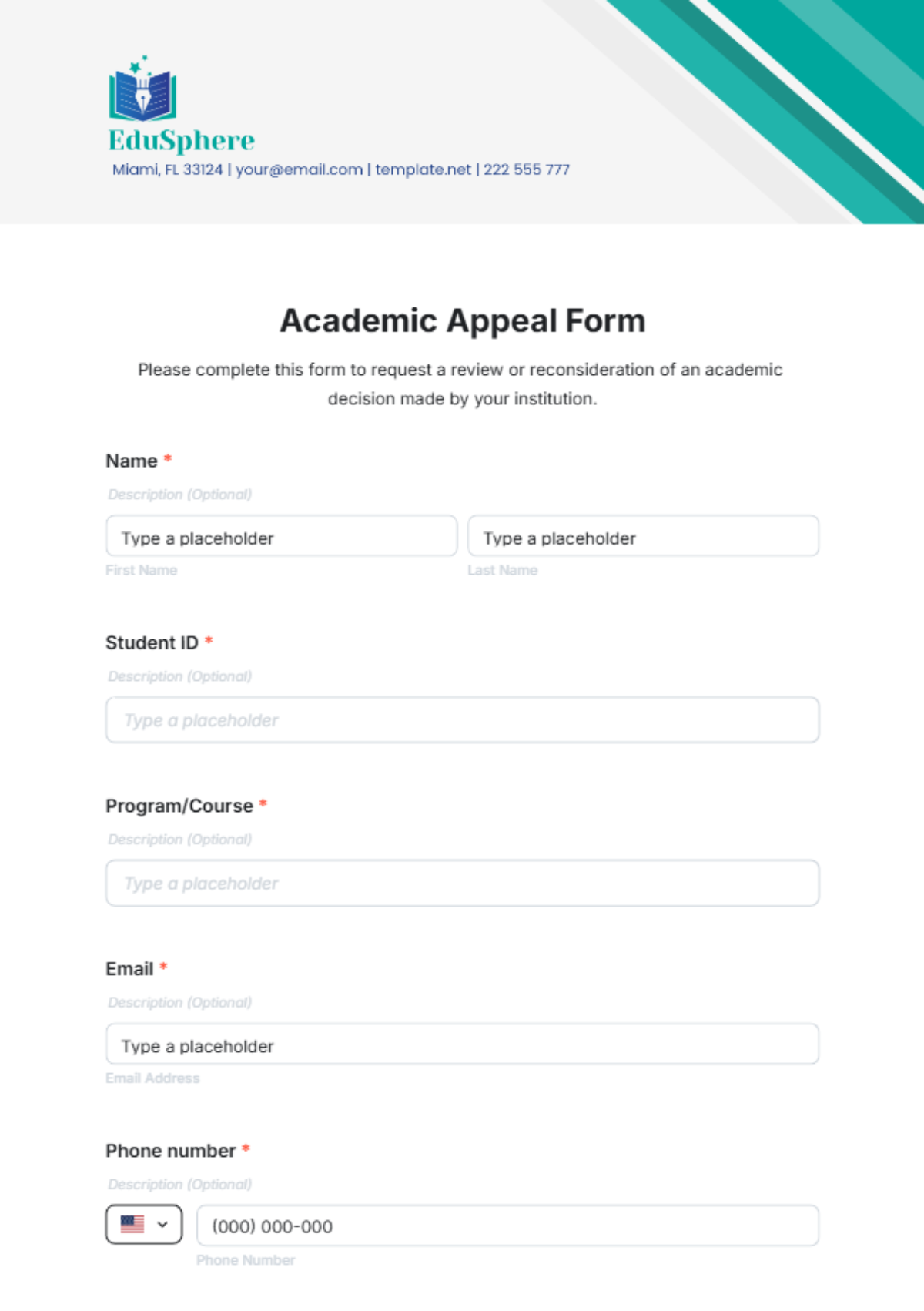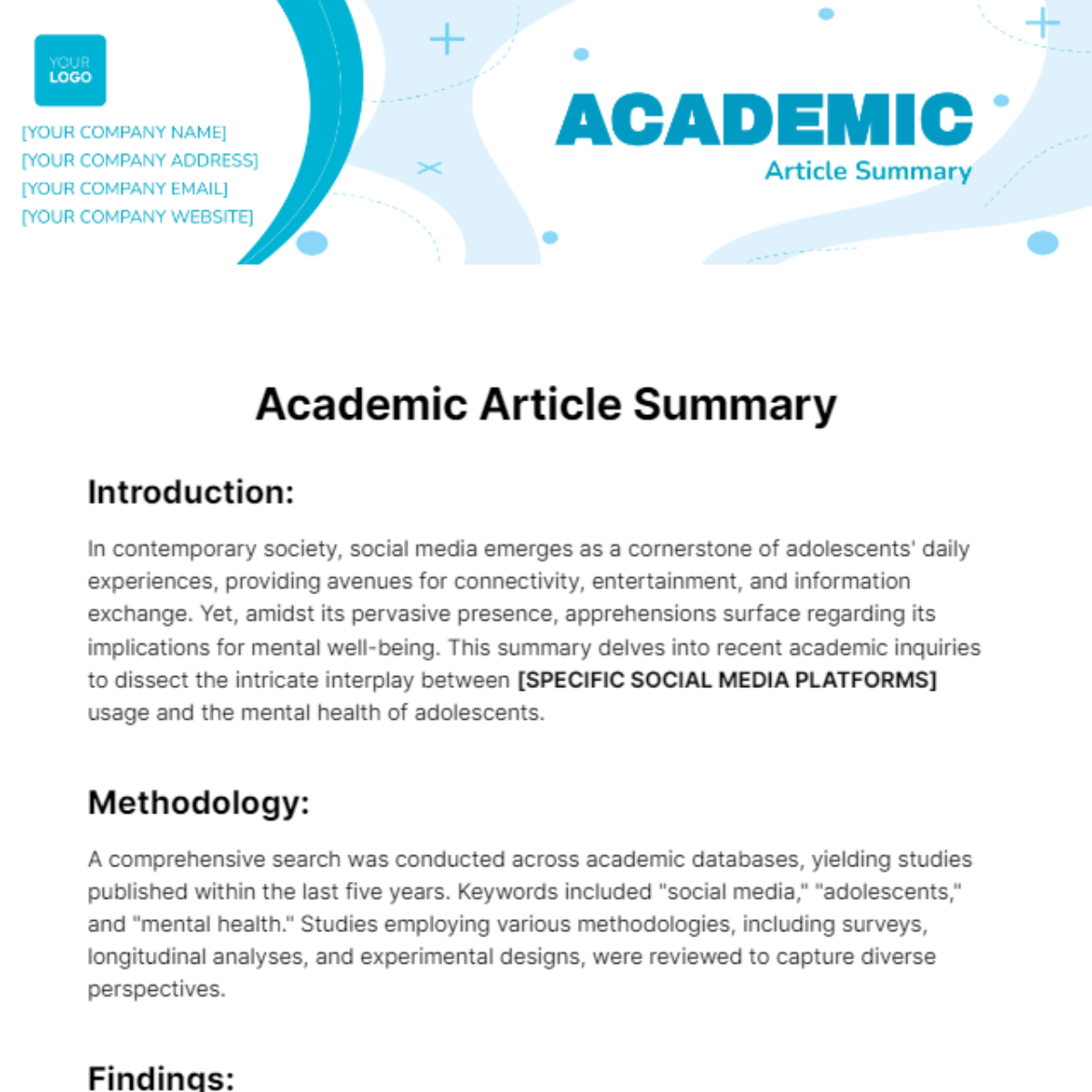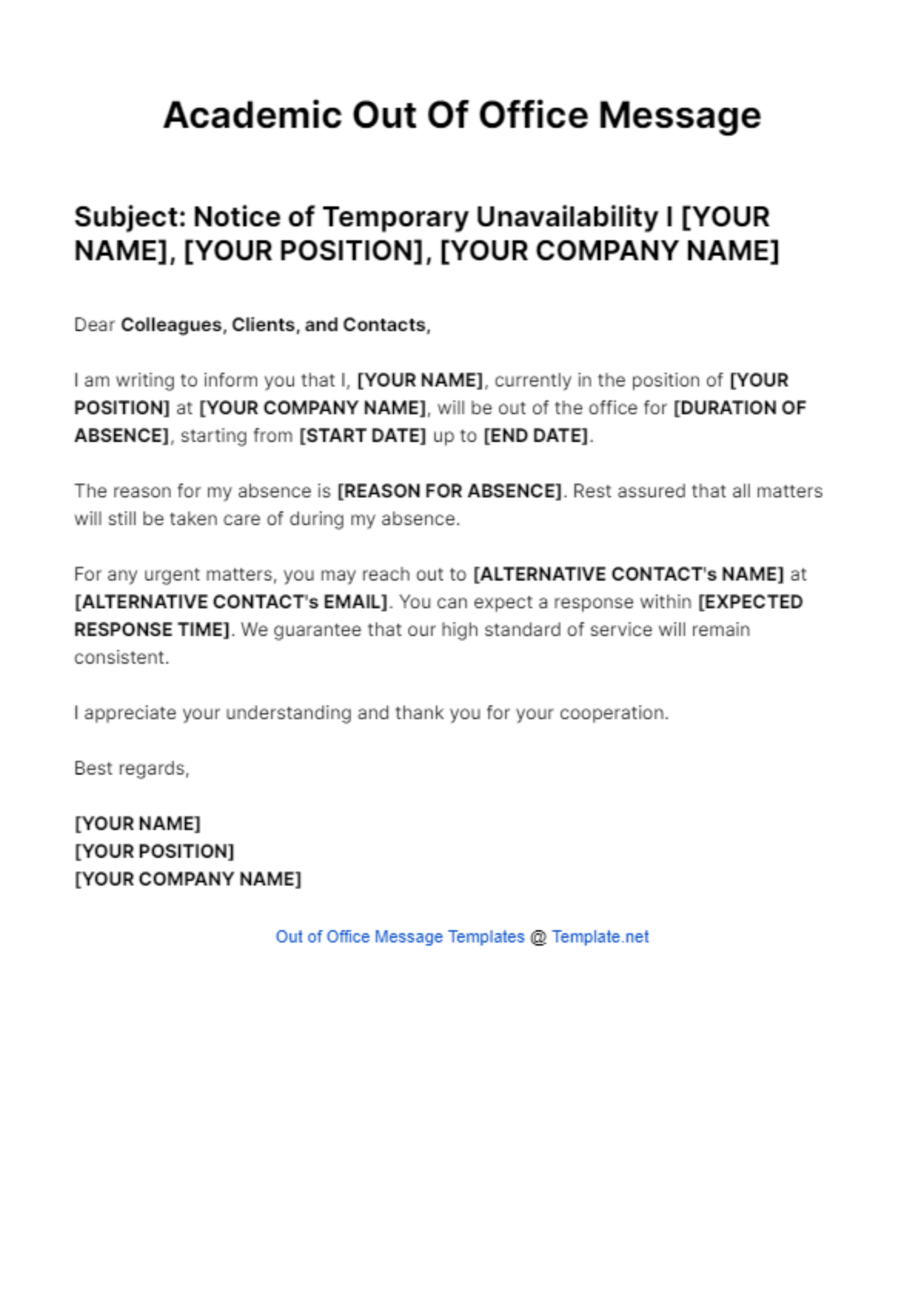Academic Dissertation
Prepared By: [Your Name]
Abstract
This dissertation explores the evolution of renewable energy adoption in the United States through 2050, examining the technological advancements, policy frameworks, economic implications, and environmental impacts. It integrates data from multiple sources to underscore the role of renewable energy in climate change mitigation and sustainable development, positioning it as a cornerstone of the nation's future energy strategy.
I. Introduction
The transition to renewable energy in the United States is accelerating, driven by advancements in technology, evolving policy landscapes, and a growing recognition of environmental and economic imperatives. By 2050, renewable energy is expected to dominate the energy mix, offering significant benefits such as reduced greenhouse gas emissions, enhanced energy security, and economic growth.
II. Technological Advancements in Renewable Energy
The renewable energy sector has witnessed substantial technological advancements that have reshaped the energy landscape. These innovations are expected to continue, significantly enhancing the efficiency and integration of renewable energy sources. Table 1 provides a detailed overview of key technological advancements anticipated by 2050 across various sectors.
Table 1: Technological Advancements in Renewable Energy by 2050
Renewable Energy Sector | Technological Advancements by 2050 |
|---|---|
Solar PV | Efficiency improvements, integrated storage solutions |
Wind Energy | Larger turbines, offshore setups, advanced grid integration |
Energy Storage | Next-gen batteries, expanded grid storage capabilities |
Bioenergy | Advanced biofuels, enhanced waste-to-energy conversion processes |
III. Policy Frameworks and Regulatory Landscape
The regulatory and policy environment has been critical in shaping the adoption of renewable energy in the U.S. The evolution of these frameworks will continue to drive significant changes in the energy landscape. Table 2 outlines the key federal and state-level policies that have been instrumental in this transformation and their projected impacts by 2050.
Table 2: Key Policies and Regulations Impacting Renewable Energy Adoption
Policy Initiative | Description | Impact by 2050 |
|---|---|---|
Renewable Portfolio Standards | State mandates for renewable energy in electricity portfolios | Significant increase in renewable energy capacity |
Investment Tax Credits (ITC) | Federal incentives for renewable energy investments | Lower costs and accelerated deployment of renewable energy |
Carbon Pricing Mechanisms | Market-based strategies to internalize carbon costs | Enhanced innovation in low-carbon technologies |
IV. Economic Implications of Renewable Energy Adoption
The shift towards renewable energy has far-reaching economic implications, affecting job creation, energy prices, and overall economic growth. Figure 1 illustrates the projected economic impacts of renewable energy adoption by 2050, drawn from various sources including the US Department of Energy's Energy Information Administration (EIA), [Your Company Name], and academic studies.
Figure 1: Projected Economic Impacts of Renewable Energy Adoption
(Note: A detailed description of economic impacts such as job growth in renewable sectors, reduction in energy costs, and GDP contributions should be included in the actual figure and accompanying text.)
V. Environmental Benefits and Challenges
Renewable energy offers substantial environmental benefits, notably in reducing greenhouse gas emissions and improving air quality. However, challenges such as land use, resource availability, and energy intermittency persist. Table 3 provides a balanced view of the environmental benefits and challenges associated with renewable energy.
Table 3: Environmental Benefits and Challenges of Renewable Energy
Environmental Aspect | Benefits | Challenges |
|---|---|---|
Greenhouse Gas Emissions | Significant reductions in emissions | Lifecycle impacts, land use considerations |
Air Quality Improvement | Reduced air pollutants | Addressing intermittency and grid stability issues |
Source: Adapted from environmental assessments by [Your Company Name].
VI. Case Studies and Sectoral Analysis
Case studies from key sectors demonstrate the diverse applications and benefits of renewable energy technologies. These studies provide insights into the sectoral strategies necessary for achieving decarbonization by 2050. Table 4 presents notable examples and their implications.
Table 4: Case Studies and Sectoral Applications of Renewable Energy
Sector | Case Study Description | Implications for 2050 |
|---|---|---|
Transportation | Electrification of vehicles, development of charging infrastructure | Reduced fossil fuel dependence, improved energy security |
Industrial Processes | Integration of renewable heat and power | Enhanced efficiency, reduced emissions |
Residential and Commercial Buildings | Adoption of net-zero energy buildings | Energy cost savings, improved indoor environmental quality |
VII. Conclusion
The widespread adoption of renewable energy in the U.S. by 2050 is essential for ensuring sustainable energy security and achieving climate change mitigation goals. Technological advancements, supportive policy frameworks, economic benefits, and environmental gains underscore the transformative potential of renewable energy. Continuous innovation and strategic investments are imperative to overcoming the remaining challenges and securing a sustainable energy future.
VIII. Recommendations
To further accelerate the adoption of renewable energy, the following recommendations are proposed:
Enhance Policy Certainty: Strengthen federal and state-level policy frameworks to provide long-term certainty and robust incentives for renewable energy investments.
Promote Public-Private Partnerships: Encourage collaboration between the public and private sectors to drive innovation and expedite the commercialization of renewable energy technologies.
Prioritize R&D: Focus research and development efforts on overcoming challenges related to energy storage, grid integration, and resource management to ensure a stable and reliable energy supply.
IX. References
US Department of Energy, Energy Information Administration (EIA). (2049). Annual Energy Outlook 2050. Retrieved from EIA Website.
National Renewable Energy Laboratory (NREL). (2047). Impact of Renewable Energy Integration on Electricity Prices. Retrieved from NREL Website.
Environmental Defense Fund (EDF). (2049). The Economic Case for Renewable Energy. Retrieved from EDF Website.









